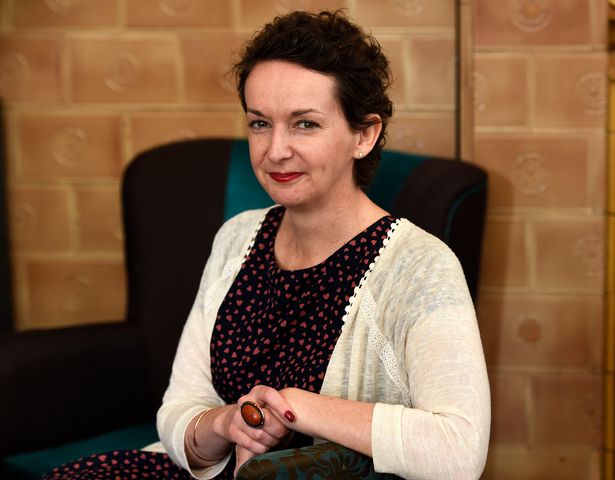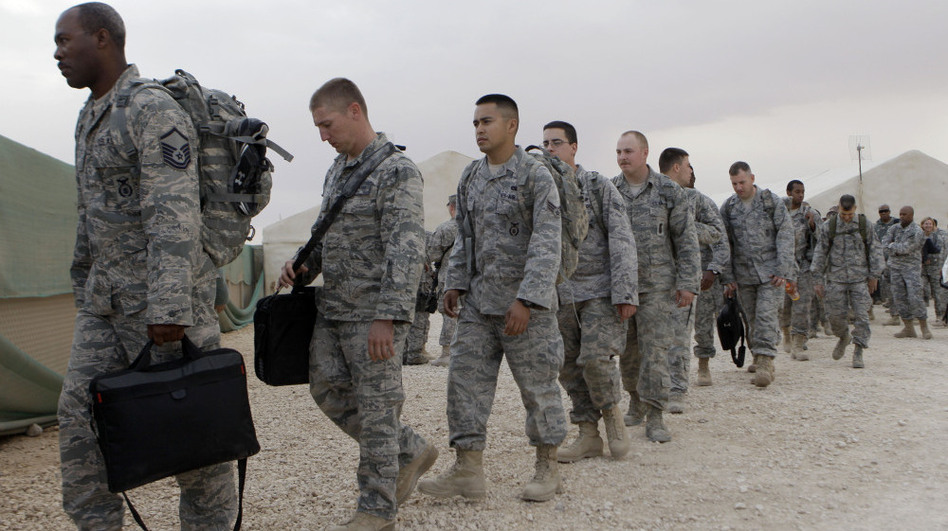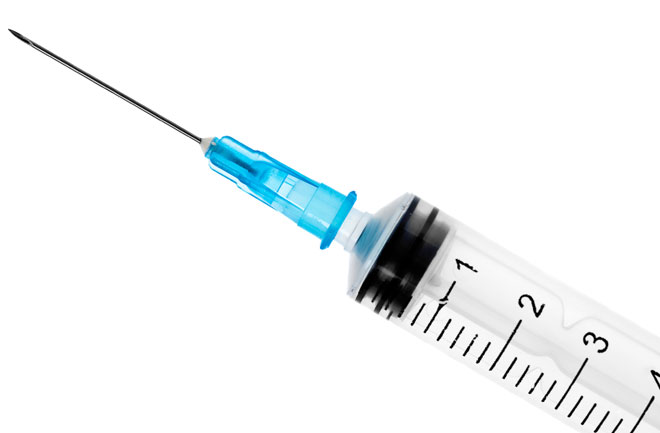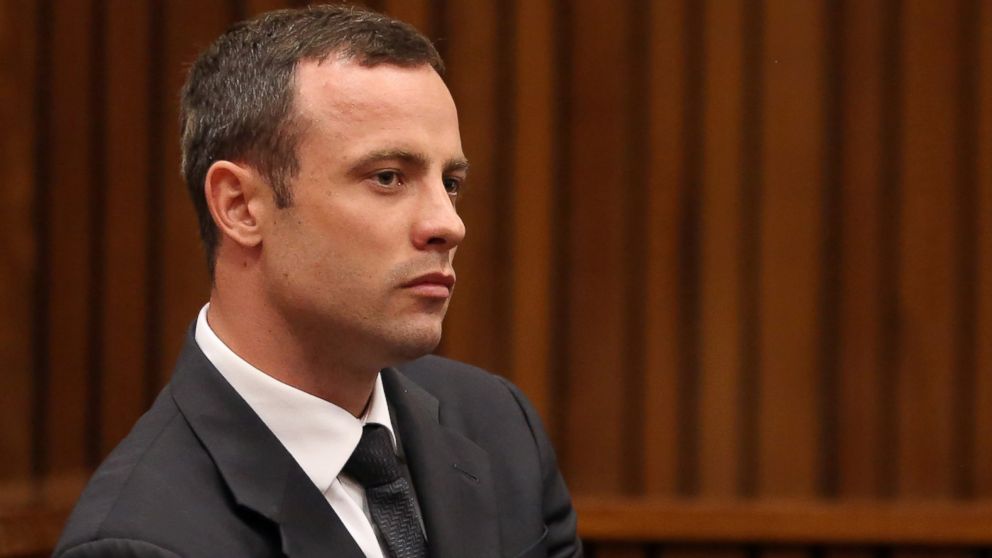Pauline Cafferkey, a Scottish nurse, who contracted Ebola in Sierra Leone last year, has been readmitted to the isolation unit where she spent a month after being diagnosed with the virus in December.
Cafferkey was flown from Glasgow back to the Royal Free Hospital in north London after she reportedly developed an ‘unusual late complication’ as a result of the original Ebola infection.
“Thoughts with Pauline Cafferkey today as she battles Ebola for the second time,” tweeted Jeremy Hunt, Britain’s secretary of state for health, while confirming the seriousness of her condition.
However, Ben Neuman, a virologist at the University of Reading, told BBC that he believes Cafferkey’s outlook is good.
Advertisement
“The nice news here is that she’s beaten the virus once so she can probably beat it again,” he said.
“The odds are that she actually has inherited a lucky set of genes and these are probably what protected her the first time and probably what will keep her safe the second time, regardless of any treatment. I think the outlook’s good.”
He said scientists are still learning about the virus and its effects.
Advertisement
“It seems that some of the ongoing health problems with people’s eyes, joints and hair loss are actually caused not by the after-effects of Ebola, but by the small amounts of Ebola which is still residing somewhere in the body,” he said.
“It’s surprising and we’re just learning how to deal with this.”
Two weeks ago, she was given a Pride of Britain award for her humanitarian work and also met Samantha Cameron, wife of British prime minister.
A spokesman for the country’s department of health told MailOnline there was a ‘next-to zero risk’ of anyone at the Pride of Britain awards or Downing Street being infected.
Advertisement
“She wasn’t symptomatic – she wasn’t displaying any symptoms of Ebola at the awards. She wasn’t ill then,” the spokesman said.
“You can’t catch Ebola unless you are in really, really close contact with someone with Ebola.
“Unless someone is displaying the symptoms.”
In extracts from her diary published after she recovered from the disease the first time, the Scottish nurse described how the work she was doing had quickly come to feel like a “normal part of life”.
Advertisement
“My nice community nursing job in Blantyre is far removed from this but at the moment this seems a lot more real. The dreams that I do remember always seem to have an Ebola theme, it seems to be all consuming,” she wrote.
During the third week of her diary, she described “an awful shift” during which she had to tell a young boy, whose father had died from Ebola, that the virus had also killed his mother and sister.
Advertisement
“His mother had seen her daughter die in the bed across from her that morning and she died a few hours later.”
Advertisement
Add a comment







